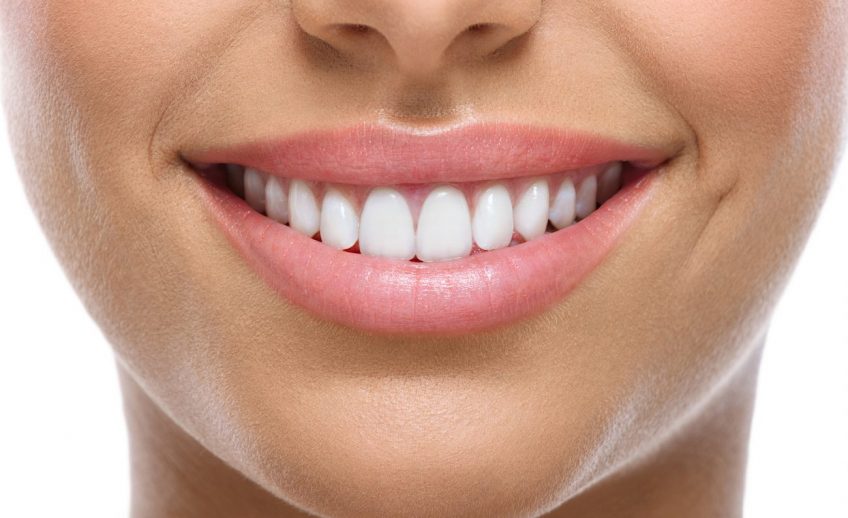Dental care is very important, especially if you have braces. Summer is right around the corner, and typically this is a popular time for kids to get braces. Practicing good oral hygiene with braces may be challenging at first; however, once you get the routine down, it’s smooth sailing.
If you are having difficulty brushing and flossing with your braces, make sure you call your orthodontic office and set up an appointment. A certified orthodontic assistant will go over all the proper steps with you so you can master your routine at home.
Unattended plaque can lead to cavities in the teeth, along with gum inflammation. When you put brackets, wires and orthodontic appliances into the picture, the plaque has numerous hiding areas to live on.
Once the plaque interacts with sugar, it forms an acid that can attack the teeth for about 20 minutes, resulting in cavities. Cavities are difficult to fix for orthodontic patients. A patient will need to go into their orthodontic office, get wires removed and possibly a bracket or two removed, go to their family dentist, get their cavity filled and finally return to the orthodontist to have everything put back on.
This can be very time consuming. There is a possibility it can prolong the treatment.
These are the steps to a good oral hygiene routine:
Brushing
It is very important to brush your teeth at least twice daily- once in the morning and before bed. For orthodontic patients, it can be helpful to keep a toothbrush and toothpaste on hand in case you need to brush after lunch.
Make sure you are using soft bristled brushes or an electric toothbrush, and brush for a minimum of two minutes. Work from one side of the mouth to the other, and brush all areas of the mouth with fluoride toothpaste.
Floss
Flossing for orthodontic patients can be a challenge. However, floss threaders and super floss can help make the process go smoothly. Flossing should be done daily after meals and before brushing the teeth. If you don’t floss regularly, you may experience light bleeding. This bleeding is normal and will go away once your gums get used to it.
The proper way to floss is to thread the floss under the wire, push it gently between the teeth to the gum and curve the floss around each tooth in a c shape to loosen the debris. Popping the floss in between each tooth may cause gum irritation and could leave plaque behind.
Mouthwash
Using an antimicrobial mouthwash at least twice a day can reduce the bacteria count. A mouthwash with fluoride can help reduce the chance of getting cavities. Typically, you should swish the mouthwash vigorously for 30 seconds then spit. If you used a mouthwash with fluoride, you need to wait 30 minutes before eating or drinking.
The most important part of tooth care may happen at home; however, you should still follow up with your family dentist every six months to help prevent tooth decay and gum disease.
Courtesy of ezinearticles.com by Aly Kanani
 201 Nicholson Street Abbotsford VIC 3067
201 Nicholson Street Abbotsford VIC 3067
